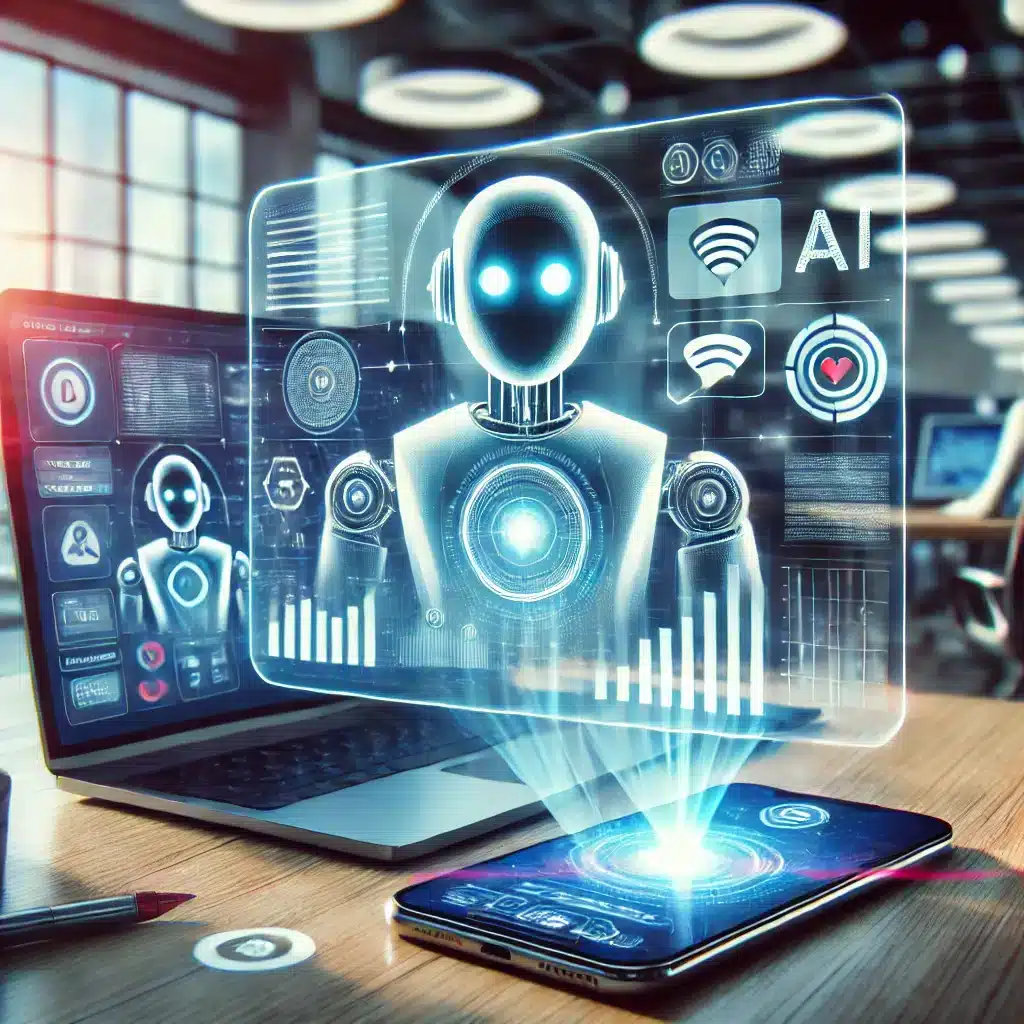The Urgency of AI Cybersecurity
In today’s digital age, cybersecurity stands as a cornerstone for protecting business operations. With AI advancing rapidly, the need for robust AI cybersecurity measures becomes undeniable. As we explore what the future holds, remember, it is not about the challenge, but how we strategically manage it to safeguard assets.
The surge in AI-driven threats, such as those highlighted in AI vs. AI: Technologies That Help Guard Against AI, is a call to action. Consequently, businesses must fortify their defenses against AI-powered scams, including the increasingly sophisticated catfishing schemes that exploit AI-NLP tools.
Integrating AI in Cybersecurity Strategy
To defend against these advanced threats, integrating AI into cybersecurity strategies is essential. As Hybrid Strategies, Deepfakes, and Crypto-Agility suggest, leveraging AI can help predict and mitigate potential cybersecurity attacks. Moreover, AI cybersecurity tools can assist in detecting unusual patterns and respond swiftly, maintaining business integrity.
Furthermore, embracing AI cybersecurity means adopting a proactive stance. By monitoring networks, identifying vulnerabilities, and enforcing compliance with cybersecurity protocols, AI plays a crucial role. Additionally, it ensures that all data remains secure from impending threats. This proactive use of AI strengthens defenses against cyber risks.
AI in Action: Offense and Defense
AI has evolved to serve both as a threat and as a line of defense. Nevertheless, businesses are encouraged to use AI defensively. With AI, companies can anticipate attacks, create responsive infrastructure, and adapt in real time to emerging threats.
For example, the adaptation of rich communication services can safeguard against identity theft and fraudulent activities, as underlined in the AI vs. AI article. Deploying robust automated verification and two-factor authentication can further bolster protection.
Preparing for the Future
Preparing for the future involves understanding the opportunities and threats AI presents. In addition, enterprises are urged to develop flexible and adaptable strategies to stay ahead of persistent threats. AI tools that continuously learn and adapt, similarly to adversaries, become integral in this ongoing battle.
To withstand AI-driven threats, organizations must foster cybersecurity upskilling. Investing in education and training equips teams with the competence to operate emerging technologies effectively. This strategic preparation ensures defenses remain resilient against ever-evolving cyber threats.
In summary, embracing AI cybersecurity is akin to laying the foundation for a safe digital future. Finally, by employing advanced AI technologies and creating adaptive strategies within businesses, future-proofing and securing digital assets become not just achievable but a reality. Let us embrace these changes and secure the future together.



